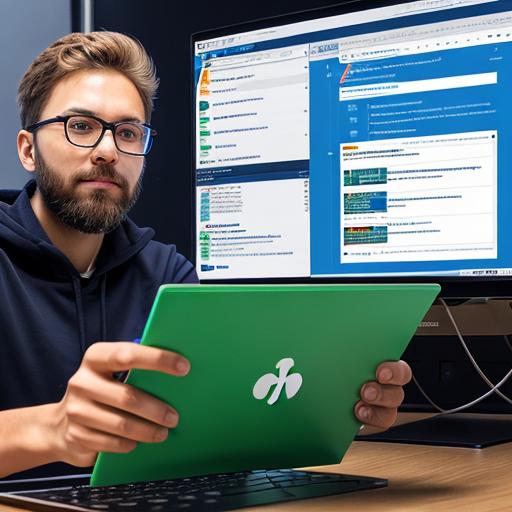Second week of Internship: Reflection
Aug. 18, 2023 · 5 min read
During my second week as an intern with the company, I gained valuable knowledge about software development and the tools and technologies my mentor instructed us to set up and install. These included Github, JIRA, Docker, MySQL Workbench, and Laravel Sail. Additionally, I appreciated how our mentor took the time to teach us a little bit about networking and provided us with various tips and tricks, such as different commands on how to use the Terminal/CLI when it comes to accessing, troubleshooting, and modifying things. Overall, I can feel my confidence is building up as a developer thanks to the knowledge and guidance provided by my mentor. Here’s a brief reflection on my week’s experiences.
Second Week Reflection:
Day 1: JIRA
Today, our mentor introduced us to JIRA software, a project management tool that has completely changed the game for software development. First, we were instructed to create a JIRA software account using our own company Gmail accounts. Afterward, he demonstrated how the tool works, including a certain project’s estimates and story points. With streamlined collaboration, improved communication, and increased clarity, JIRA software has made an enormous difference in managing various projects. The visual boards, such as the swimlanes and customizable workflows (statuses), have made ticket work more organized and transparent. Overall, it is a great addition to our software development process, especially to a company that embraces the open-source movement. I’m excited to experience this by the time our mentor already issues our first ticket.
Day 2: Setting-up: fst-admin-ticket-system
Today was a day of mixed emotions for me. I was nervous and excited as our mentor finally assigned us the task of running the fst-admin-ticket-system application on our local machines. We, interns, will be working on this project, so it’s a big deal. At first, I found it quite challenging to clone the project due to some necessary steps that we had to execute via CLI before gaining access to the project. However, with our mentor’s guidance, I was able to overcome this hurdle. Following the project’s setup with various commands, I successfully ran the project and achieved the expected output.
After completing the task, I couldn’t help but feel curious about the project files. So, I took a peek at them, and I was blown away. Even though I have some experience with Laravel projects, it felt like it was a completely different environment. The codes were very efficient and super well organized. I’m excited to learn more about this project and expand my knowledge.
Day 3: Accessing fst-admin-ticket-system locally
The fst-admin-ticket-system was successfully set up yesterday, and today, we delved deeper into networking. Our mentor introduced us to the DNS LOOKUP sequence and explained how it works. Then, he showed us how to deploy and access the application locally so that we can access each other’s Laravel projects using private addresses like 0.0.0.0, which is often used to represent the default route that listens to all available network interfaces. He also taught us about other IP addresses, such as 127.0.0.1, a loopback address/home address; 192.168.x.x, an IP address distributed by a router; and 172.16-22.x.x, a deeper private IP address. We also learned how to find IP addresses in macOS, more commands, and ways to troubleshoot issues using the terminal/shells. As a future software developer, I am grateful for the opportunity to learn these things. While it may be challenging right now, I intend to retain this valuable experience for my personal growth.
Day 4: Protect Your Github Commits
Today, I had the opportunity to read an article written by my mentor himself, and I found it very interesting. The article talked about the significance of safeguarding GitHub commits. After reading the article, I was able to set up commit protection for both my Personal and FST accounts by following some instructions mentioned in the article. The article highlighted that GitHub commits carry a lot of important data that can be misused in case it falls into the wrong hands. Furthermore, some malicious individuals can submit code under your name and email, thereby contributing low-quality or malicious code. Our mentor showed us how easily a hacker can spoof a GitHub commit, which made me realize the significance of securing our commits. By protecting our commits, we can rest assured that our code remains safe and secure, and we can easily track changes over time. Overall, the article was very informative and helpful in protecting my GitHub commits.